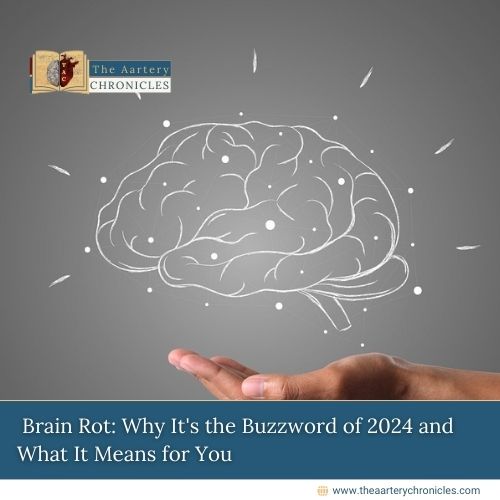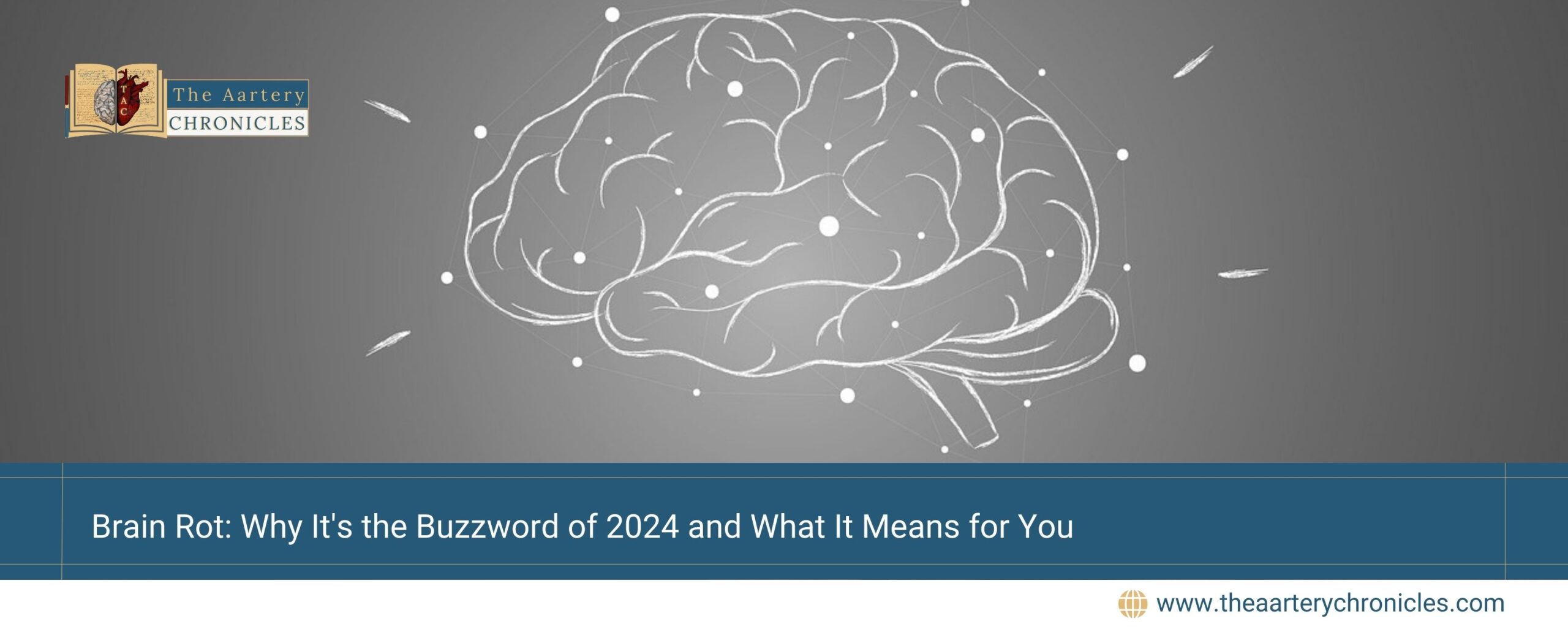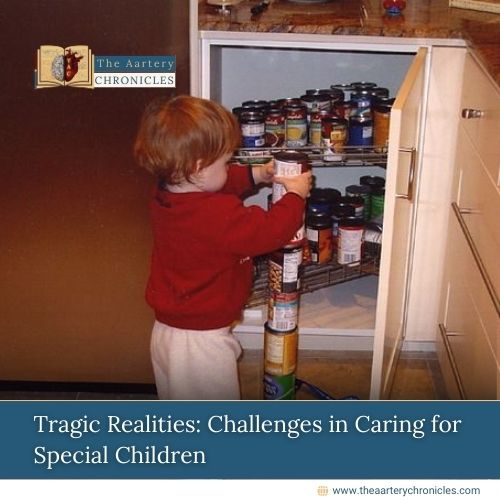

Brain Rot: Why It's the Buzzword of 2024 and What It Means for You
Introduction
As we navigate through 2024, various buzzwords such as “delulu,” “manifest,” and “yeti” have made considerable waves across social media platforms. Yet, one term has emerged as particularly profound: ‘brain rot.’ Recently acknowledged as the Word of the Year by Oxford, this phrase encapsulates the cognitive decline and mental stagnation that arise from prolonged exposure to trivial and low-quality online content. So, what does ‘brain rot’ really mean, and how does it affect our mental health? Join us as we delve into this contemporary phenomenon.
What is Brain Rot?
According to Oxford, “brain rot” refers to the deterioration of an individual’s cognitive state due to the excessive consumption of trivial content, especially in a digital format. In simpler terms, it signifies the mental fatigue that occurs when one spends countless hours scrolling mindlessly through short videos, memes, or low-effort entertainment. Dr. Rajiv Mehta, Vice-Chairperson of Psychiatry at Sir Ganga Ram Hospital, elaborates, “It’s like your brain starts to rot; it stops producing new ideas or applying intelligence to tasks.” This passive consumption fosters mental inertia, making individuals increasingly reliant on digital media; even for basic problem-solving tasks. For example, many children now instinctively resort to calculators for simple math problems, reflecting a concerning shift in cognitive skills.
The Consequences of Brain Rot
While indulging in viral content may initially seem harmless or entertaining, the long-term repercussions can be alarming. Dr. Mehta cautions that sustained exposure to low-quality media diminishes critical thinking and creative abilities. This reliance on easily digestible content often extends beyond mere entertainment, complicating everyday tasks. As a result, individuals develop an unhealthy dependency on gadgets, impeding their capability to process complex thoughts or generate innovative ideas.
Breaking Free from Brain Rot
Despite the serious implications, there is hope for those seeking to regain their mental clarity. Dr. Mehta recommends several practical strategies to help manage screen time and mitigate passive consumption:
Set Boundaries: Allocate specific time slots for recreational use of digital devices, distinguishing them from academic or professional time.
Engage Offline: Explore hobbies, connect with friends, or participate in physical activities, such as gym sessions, to invigorate your mind.
Create Gadget-Free Zones: Establish areas or times—such as family dinners—where digital devices are not permitted, encouraging more meaningful interactions.
Be Mindful of Content: Prioritize quality over quantity when consuming media, and actively avoid material that lacks substance or fails to add value to your life.
Why This Matters
Although the term ‘brain rot’ may evoke a sense of amusement, its ramifications are significant. The internet teems with transient trends that often lack depth, yet consistent engagement with such content can undermine mental well-being. Embracing mindful digital practices allows us to protect our mental well-being while reaping the benefits of technology.
Remember, your brain is not merely a tool for fleeting amusement; it is your most vital asset. Treat it with respect and care.
Conclusion
In an age heavily influenced by digital consumption, the concept of “brain rot” serves as a crucial reminder to reclaim our cognitive faculties and creativity. While technology and online content play integral roles in our modern existence, excessive indulgence in trivial and unchallenging material can lead to mental stagnation. The essence lies in achieving a balance; emphasizing mindful consumption, setting boundaries, and engaging in enriching offline activities to protect our cognitive well-being.
Let us harness technology as a means to empower and educate ourselves rather than allowing it to serve as an escape. By curating our digital habits with intention, we can nurture growth, innovation, and meaningful connections in both our personal and collective journeys. The message is unequivocal: ‘Choose quality over quantity, and let your mind thrive in a universe filled with endless possibilities.’
Source: Inputs from various media Sources









